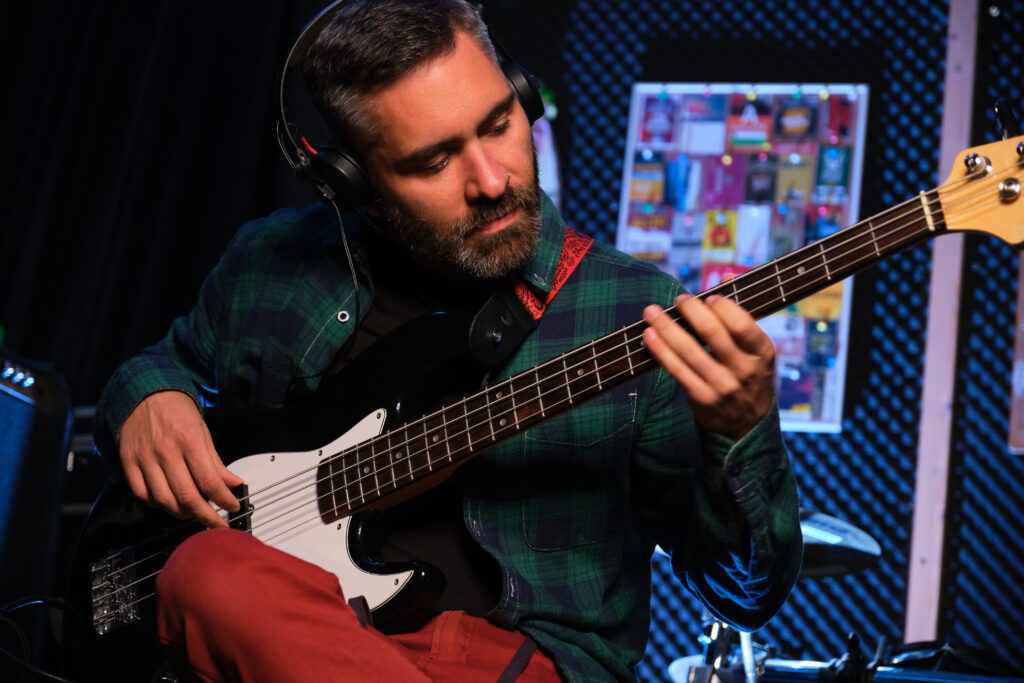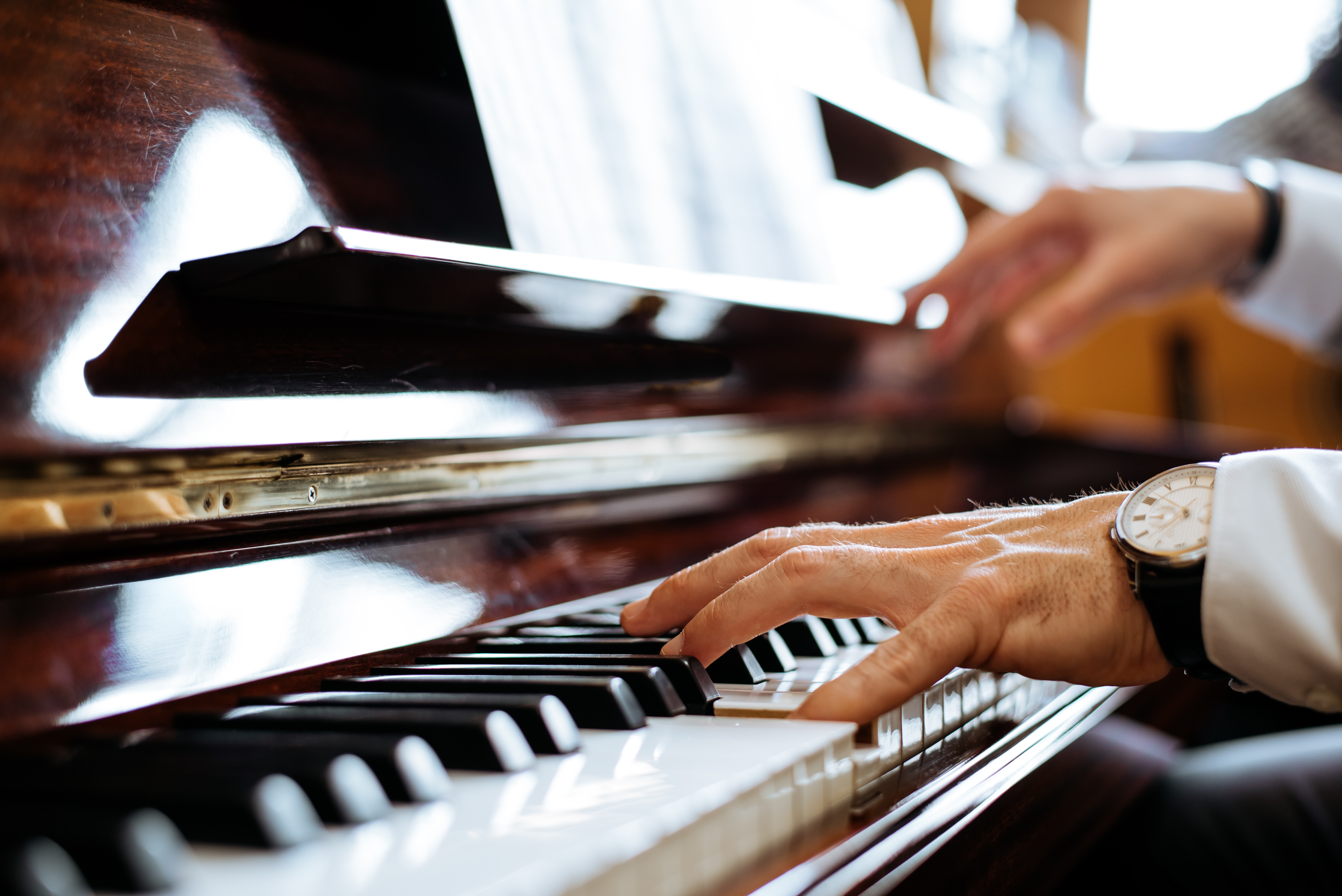Part Three: Who Is Susceptible To Perfectionism?
BY MEGHAN VANCE • SEPTEMBER 18, 2023
Maybe you’re not convinced: maybe the definitions, descriptions, and effects in the first two parts of this series don’t describe you. Congratulations! And apologies. Because that word “tendency” in the series title is important. If you persist in your musical pursuits, not only are you likely to come into contact with perfectionistic musicians, you’ll probably tend toward perfectionism yourself. Still skeptical? It might help to consider what types of students are susceptible to perfectionism.
SUSCEPTIBLE TYPE #1: CHILDREN OF PERFECTIONISTIC PARENTS
We’re not talking only about “stage moms” here – many perfectionistic parents are well-meaning, encouraging, and gentle in regards to their children. The problem is a case of monkey see, monkey do. In their article on how perfectionism relates to music pedagogy, Jeong & Ryan write, “Through modeling, children not only developed similar traits of perfectionism as their parents but also cultivated harmful conditions such as anxiety, depression, low self-concept, esteem, and efficacy.” Simply put, if you’re a parent who berates yourself for your own mistakes, your children are likely to copy that attitude.
SUSCEPTIBLE TYPE #2: GIFTED & TALENTED INDIVIDUALS
This one may be expected: if you’ve read a biography, it was probably about someone you considered gifted or talented. Many of these individuals are described as devoted, demanding, or perfectionistic. Sometimes these artists made it to the top because they learned how to cope. Sometimes these artists had a meteoric rise and then a meteoric fall because they didn’t cope.
Paula Prober of rainforestmind.com shares about Ellen: “Because her early schooling was not intellectually challenging, Ellen came to believe that all learning ought to come quickly and easily…. She didn’t learn how to struggle with a concept or how to study for an exam…[or] how to manage her time. She never had to. Ellen wanted to be the best…. And she was successful. Until college.”

Colleen of raisinglifelonglearners.com shares about her son: “When he went in for his first try out… he was told that he had a natural ability…. At first, he practiced well and often, but as time has gone on, and the pieces have become more challenging, he’s pulled back…. He has been told since the beginning that he is a natural, and so with every failed note, he feels increasingly devastated and angry.”
Students who are talented and gifted often expect more from themselves than they can actually achieve. Like Colleen’s son, they expect to do well. Like Ellen, they may not have been challenged to the point of really struggling or faced with possible failure. This over-expectation is easily coupled with self-incrimination.
SUSCEPTIBLE TYPE #3: ADULTS
Adult students can be very laid-back fun-loving people, excited about starting something new…until they start music lessons. They’re paying money and they’re spending time, so they expect to make progress. And they do. They’re already developed: able to handle hard concepts, able to focus for extended periods of time, used to applying themselves to a task. But then the problems start, because they’re already developed: their bodies and minds have learned to do things a certain way.

Rachael Ridge, for Strad Magazine, writes students “…may have physical limitations due to age and learned physical habits. Years of working in a specific field, carrying themselves in a certain way, and the toll of older age can decrease their flexibility and joint mobility.” Brigid McCarthy for NPR writes that “Children are growing new brain cells all the time, so when they’re learning music, some of those brain cells are devoted to playing their instrument. Adults, on the other hand, have to work with the brain cells they already have and create new connections, or synapses, between them.”
In addition to coping with developed bodies and brains, adult students often have forgotten what it’s like to be a beginner. They expect things to come easily. This expectation causes many adult students to feel frustrated and embarrassed, and to put enormous pressure on themselves.
SUSCEPTIBLE TYPE #4: ADVANCED STUDENTS
Now the terrible news: advanced students, even those who were patient or slow beginners, often develop perfectionistic thinking. Developingminds.net states that “behaving in perfectionistic ways increases the chance the student will be even more perfectionistic in the future.” For us as musicians, constantly working toward our idea of a perfect performance, this means we must regularly fight against perfectionistic tendencies.
In part four, we’ll look at how we can fight.

